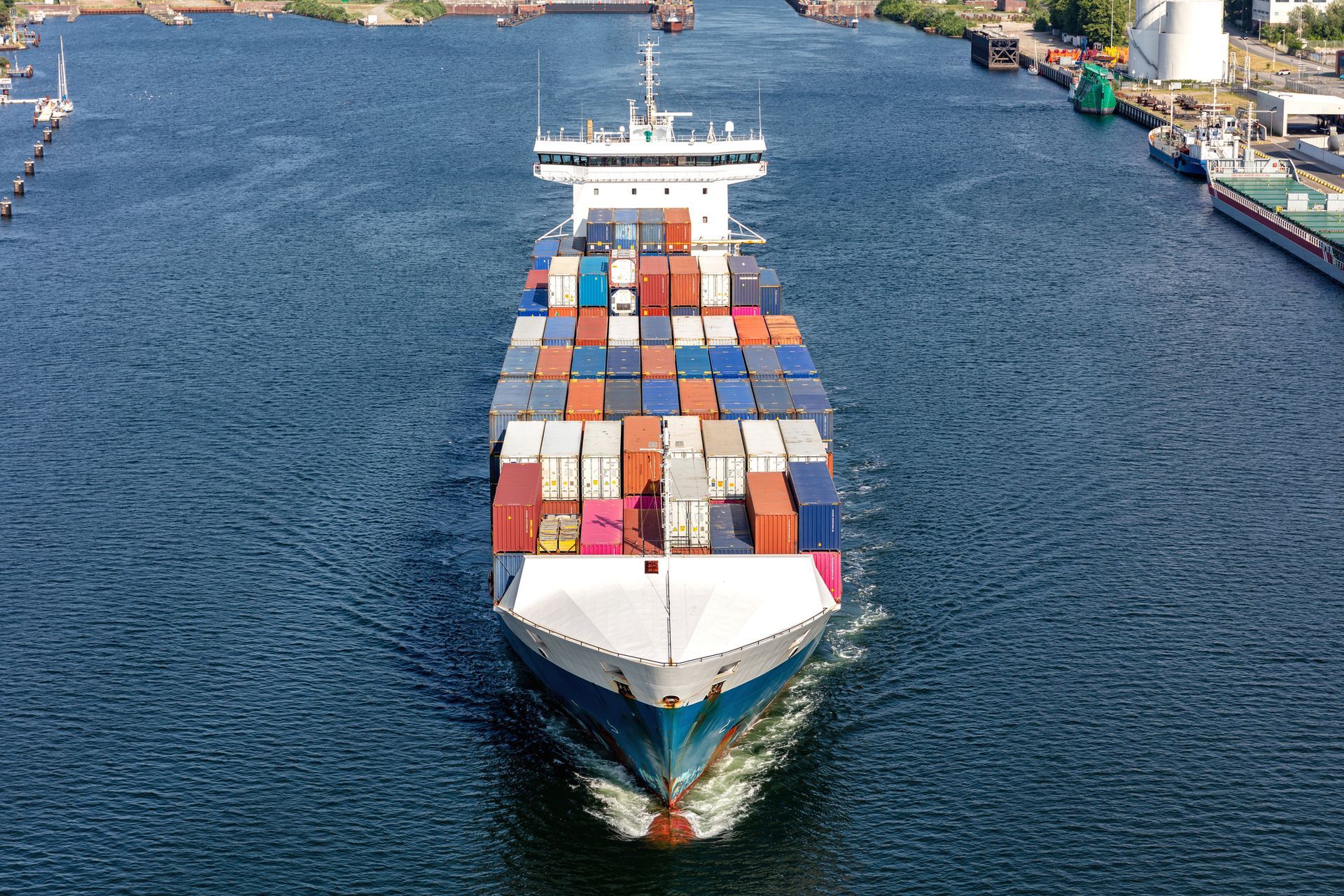
The AFRMM (Additional Freight Charge for Renewal of the Merchant Marine): An Essential Tax in Brazilian Foreign Trade
This article aims to provide a comprehensive overview of AFRMM, addressing its definition, calculation, applicable legislation, taxable events, exemptions, suspensions, and payment procedures.
Our goal is to clarify common doubts among freight forwarders and customs brokers, offering essential information for efficient import operations management.
What is AFRMM?
AFRMM is a tax levied on the freight cost of waterway transport operations conducted by vessels operating in Brazilian ports.
Established by Decree-Law No. 2,404/1987 and regulated by Law No. 10,893/2004, AFRMM aims to finance the Merchant Marine Fund (FMM), supporting the development of the merchant marine and the shipbuilding and repair industry in Brazil.
This tax is administered by the Federal Revenue Service of Brazil (RFB), responsible for its collection, inspection, and enforcement.
According to the RFB, the taxable event for AFRMM occurs when the unloading operation of a vessel begins at a Brazilian port, encompassing both long-haul navigation and cabotage as well as river and lake navigation.
The owner of the transported cargo is jointly responsible for the tax payment, which must be made before the nationalized goods are received.
How to Calculate AFRMM
AFRMM is calculated based on the cost of waterway transport, with varying rates depending on the type of navigation:
- 8% for long-haul navigation and cabotage.
- 40% for river and lake navigation transporting liquid bulk cargo in the North and Northeast regions.
- 8% for solid bulk cargo and other loads in the same regions.
These rates have undergone changes over time, with the rate reduced to 8% after the enactment of Law No. 14,301/22. The RFB advises that AFRMM calculation and payment should follow the rate in effect on the payment date, with any outstanding balances adjusted via DARF.
AFRMM: Applicable Legislation
The main legislation regulating AFRMM is Law No. 10,893/2004, supplemented by various ordinances and decrees that outline the conditions for collection, exemption, suspension, and reimbursement of the tax.
Recently, Law No. 14,366/2022 introduced significant updates, including the reinstatement of AFRMM exemptions for companies using the Drawback Exemption regime.
AFRMM administration falls under the jurisdiction of the Federal Revenue Service, as regulated by Decree No. 8,257/2014, which provides administrative procedures for the tax's collection and inspection.
What is the Taxable Event for AFRMM?
The taxable event for AFRMM is the actual start of the vessel's unloading operation at a Brazilian port. This operation can result from long-haul (international) navigation or cabotage and river/lake navigation (domestic).
It’s important to note that the tax is due regardless of the customs regime to which the goods are subject, and it is the cargo owner's responsibility to ensure payment before releasing the goods.
Exemptions, Suspensions, and Non-Incidence Cases
There are several scenarios in which AFRMM exemptions or suspensions may apply. Companies benefiting from special customs regimes, such as Drawback Suspension, the Industrial Warehouse Regime under Computerized Control (Recof), and Temporary Admission, may request a suspension of the tax.
Additionally, products intended for scientific research, non-commercial samples, and other specific purposes may be exempt.
Requests for exemption or suspension should be submitted through the Federal Revenue’s Mercante System, preferably before filing the Import Declaration (DI).
Non-incidence of AFRMM is automatically applied by the system in certain legal situations, such as for goods transported under the customs transit regime.
Where and How to Pay AFRMM
AFRMM must be paid before registering the Import Declaration (DI), although it can also be paid afterward. Taxpayers should access the Mercante System to generate the Federal Revenue Collection Document (DARF) for the tax.
Recently, the Federal Revenue replaced the collection document from GRU to DARF, eliminating the previous R$1.20 bank fee. This change aims to simplify the payment process and the remuneration of the collection agent, as per the conditions established by Ordinance MF No. 479/2000.
Conclusion
AFRMM is a critical tax for funding Brazil's merchant marine and shipbuilding industry. Understanding its application, calculation, and governing legislation is fundamental for freight forwarders and customs brokers working in foreign trade.
By staying informed about exemptions, suspensions, and payment procedures, these professionals can ensure more efficient and cost-effective import operations management.
Additionally, it’s crucial to understand the relationship between AFRMM and other charges in foreign trade, such as demurrage, which is the fee for extra time using a container or vessel beyond the contracted period. Knowing these aspects helps avoid unexpected costs and surprises in logistics operations.
Did you enjoy this article on AFRMM and how it works? Subscribe to our blog for more updates on foreign trade!
Continue a navegar no blog da Allink

Mantenha-se informado sobre o comércio exterior
Assine nossa newsletter e receba atualizações semanais de forma gratuita sobre o mundo da logística.




